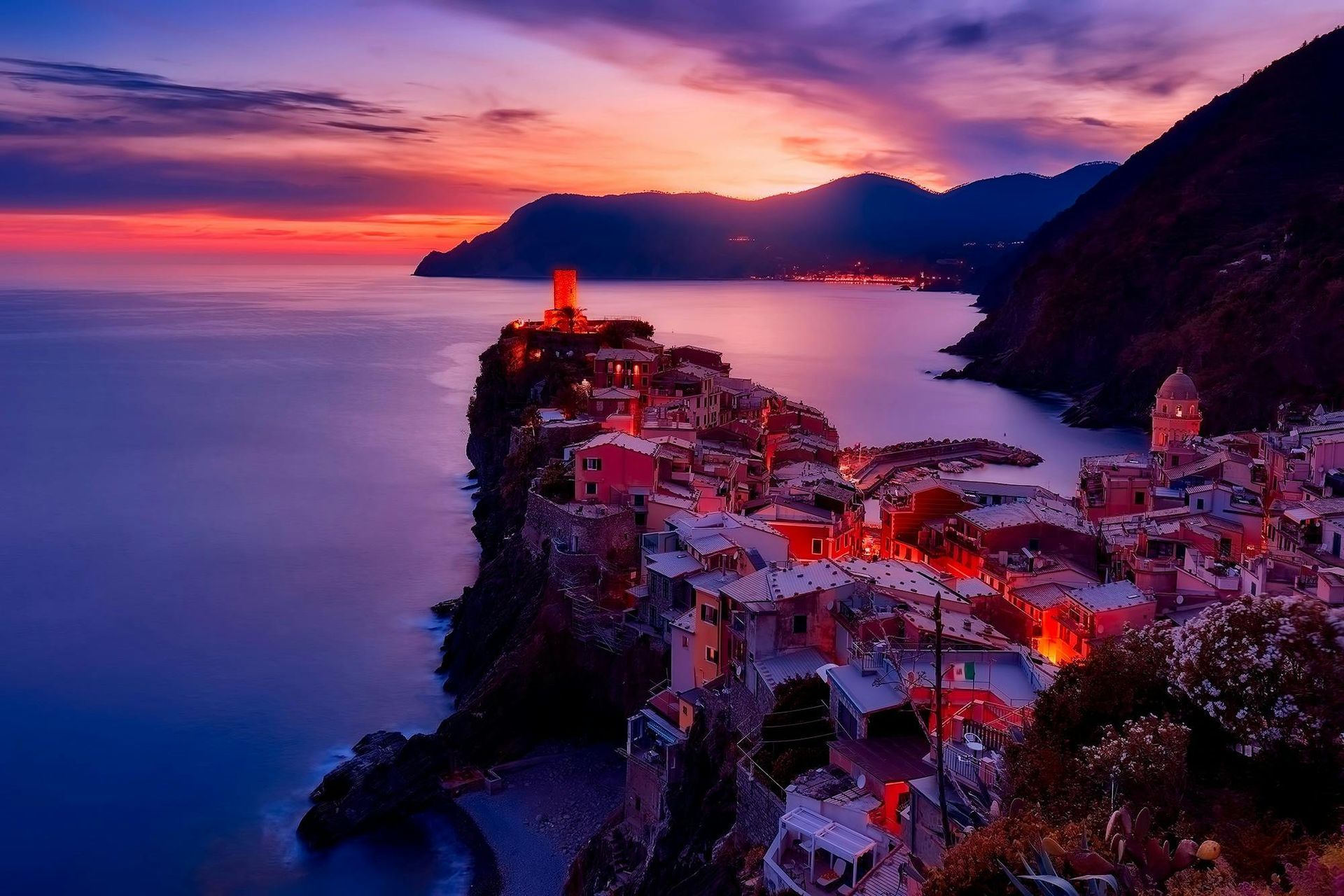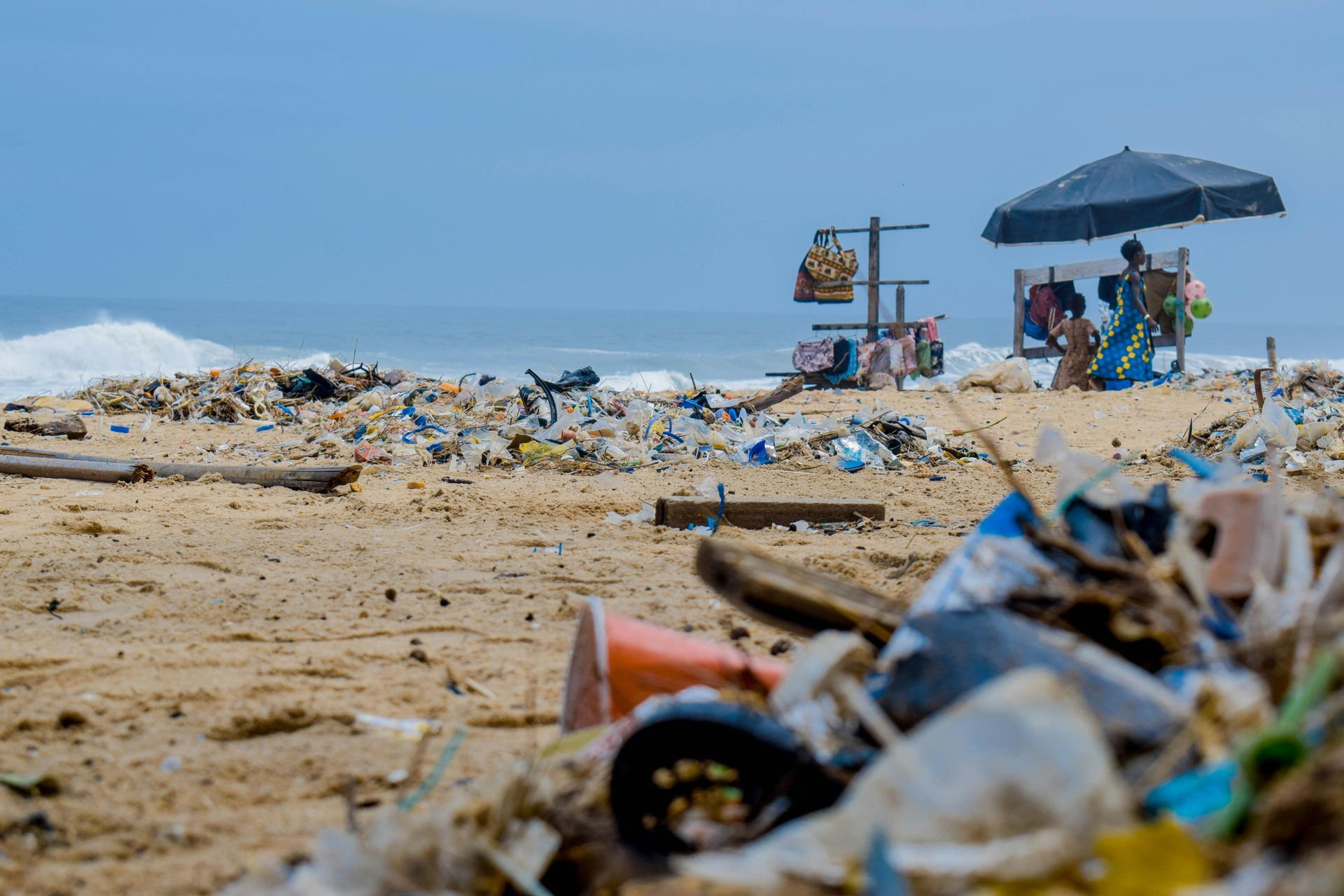Sustainable Travel Guide to the Greek Islands
Introduction to Sustainable Travel in the Greek Islands
The Greek Islands — with their dazzling waters, sun-bleached villages and ancient olive groves — have long enchanted travellers. Yet, behind the idyllic images lies a more complex reality. Mass tourism has placed pressure on fragile ecosystems and changed the character of some island communities.
Still, there’s a quiet shift underway. Across the archipelago, some islands, communities, and hoteliers are striving for something better — returning to traditional practices, investing in renewable energy, protecting natural landscapes, and building a more sustainable future for tourism.
As travellers, we have a genuine opportunity to be part of this quiet shift — travelling more thoughtfully and helping nurture the places we love.
Sustainable Practices in the Greek Islands
Sustainability is not yet widespread across the Greek Islands, and challenges remain. Yet there are bright spots: Tilos is moving towards becoming a zero-waste island powered by renewables. Astypalea is pioneering electric mobility as part of a green transition. On Alonissos, the establishment of the National Marine Park — one of Europe’s largest — has helped protect rare marine life, while the island has also become the first in Greece to ban all single-use plastics. And in the tiny Cycladic island of Donousa, a grassroots initiative called Just Go Zero has tackled waste at its source — from composting to recycling — offering a model for circular living in even the most remote places.
In quieter ways, many farmers, craftspeople, and hoteliers across the islands are embracing lower-impact practices — often rooted in age-old tradition.
When planning a trip, it's important to recognise that not every island, hotel, or business will be perfect. But many are on the journey — and by supporting them, we help tip the balance towards a more regenerative future.
Top Eco-Friendly Accommodations
Authentic, sustainable places to stay are growing in number — though they sometimes take a little extra searching to find.
Here are a few that truly embrace sustainability, blending low-impact design with a deep respect for their surroundings:
- Aristi Mountain Resort (Zagori, Epirus): Located within the stunning Vikos-Aoos National Park, Aristi has earned Green Key certification and supports conservation efforts while offering warm, traditional hospitality. Built with local stone and wood, it showcases how sustainability and authenticity can work hand in hand.
- Montanema Handmade Village (Thessaly mainland): Hidden in the Agrafa mountains, Montanema is a living example of handcrafted Greek tradition. Built by local artisans using natural materials, the village runs on renewable energy and champions zero-waste practices. It's a soulful pre- or post-island destination for travellers seeking a deeper Greek connection.
- Gundari (Folegandros): Perched on a rugged clifftop, Gundari redefines sustainable luxury. Using native landscaping, water-saving systems, and sourcing produce locally, Gundari fits seamlessly into Folegandros’ dramatic landscape — offering privacy, beauty, and genuine environmental sensitivity.
- Phaea Blue Collection (Crete): With a strong commitment to local culture and community-led initiatives, Phaea’s boutique hotels — including the beautiful Cretan Malia Park — blend understated luxury with organic gardens, energy conservation, and authentic cultural experiences.
By choosing places like these, travellers support a different model of tourism — one that preserves, respects, and regenerates, rather than extracts.
Responsible Activities and Attractions
The most rewarding experiences across the Greek Islands often have sustainability at their heart: Hiking ancient footpaths, snorkelling in marine reserves, learning traditional crafts, or joining slow food workshops in mountain villages.
Where possible:
- Choose tour guides committed to conservation.
- Support marine parks and protected areas.
- Walk or cycle rather than drive when exploring.
- Take part in local beach clean-ups, cooking classes, or wildlife tours that support conservation.
There’s joy in slowing down and connecting with the real rhythms of the islands — away from the crowds and cruise ships.
Supporting Local Communities
Tourism can either lift or erode local communities. Choosing to travel consciously means helping preserve the lifeblood of the islands — their people, traditions, and ways of life.
Ways to travel supportively include:
- Staying in family-owned guesthouses or small hotels.
- Shopping directly from artisans and farmers markets.
- Dining at tavernas that serve home-cooked, locally sourced dishes.
- Joining tours led by locals rather than large international operators.
These small choices — where you stay, what you eat, who you buy from — add up. They help keep traditions alive and ensure tourism benefits those who call the islands home.
Tips for Sustainable Dining in the Greek Islands
Greek food is deeply seasonal — vibrant, humble, and rooted in the rhythms of the land. But as tourism has grown, not every restaurant stays true to these traditions. International menus and convenience-driven offerings have become more common, sometimes at the expense of local food culture. Even so, the traditional Mediterranean diet — rich in vegetables, grains, and pulses — remains one of the most satisfying ways to eat.
To eat more consciously while travelling:
- Celebrate seasonal vegetables: From wild greens and tomatoes to courgettes and aubergines, local produce is the backbone of island cooking — especially in the summer months.
- Opt for plant-based dishes: Many classic Greek recipes are naturally meat- and dairy-free. Dishes like gemista (stuffed vegetables), gigantes (giant baked beans), revithia (chickpea stew), and fasolada (bean soup) are not only affordable and filling but kinder to the land.
- Choose local specialities: Each island has its own culinary traditions — seek out local cheeses, honey, wines, and signature dishes.
- Be mindful of seafood: Overfishing is a major issue. Opt for small, plentiful fish like sardines and anchovies over endangered species like swordfish.
- Try traditional grains and pulses: Barley rusks, lentils from Lemnos, and fava (split pea purée) from Santorini reflect centuries-old, low-impact food traditions.
- Support slow, local food: Look for tavernas that cook from scratch, grow their own herbs, or source ingredients from nearby farms. Ask about the day’s specials — they’re often what’s freshest and most sustainable.
- Reduce waste: Share dishes, order thoughtfully, and skip the plastic and disposable tableware.
Planning Your Sustainable Trip to the Greek Islands
A sustainable trip starts before you even leave home.
Think about travelling outside the crowded high season (July and August) if you can — spring and autumn offer quieter, richer experiences. Stay longer and move more slowly, savouring fewer islands rather than racing between them. Offset your flights, yes — but more meaningfully, choose activities and accommodations that align with regenerative values.
Above all, embrace imperfection.
The Greek Islands are evolving, much like the rest of us. Not everything will be sustainable yet — but by supporting the people and places striving for change, we help nurture the future of these extraordinary lands.











